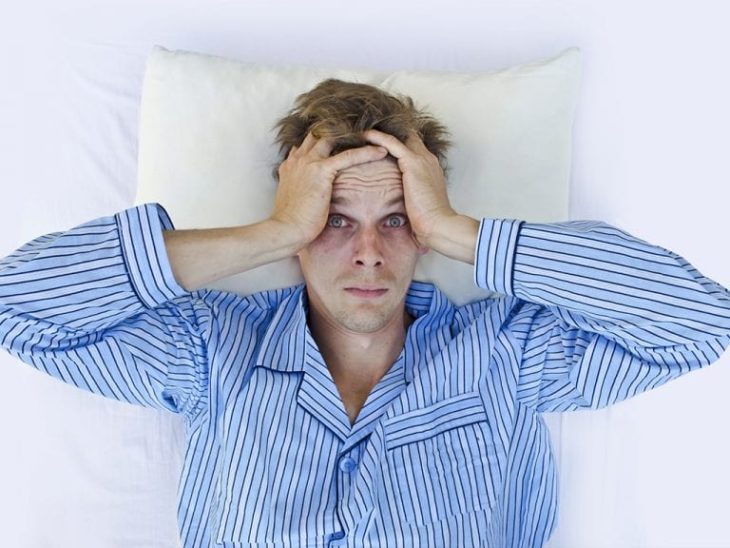There is not much debate that poor sleep can impact performance. In fact, many case studies and Meta analysis support that connection. When we don’t get enough sleep, both our body and mind are affected. This, in turn, results in lower performance levels. When we aren’t performing at our best, we are limiting ourselves and potentially hindering our possibility of success. No matter how success is defined for you, it comes down to the fact that goals are harder to reach when you don’t get sufficient and quality sleep. The good news is many things that lead to poor sleep can be tackled with mindfulness and a little effort.

Credit: Richmond Navigator
Contents
Influences of Sleep Deprivation on Mind and Body
While it might be possible to survive on less than optimal sleep, it certainly isn’t recommended. Lack of proper sleep reduces the amount of actual effort a person puts forth. This is partly, because as we sleep energy is stored, but when we don’t get that vital sleep it is not. Additionally, when we don’t get needed sleep, accomplishing anything takes a third more energy than it would have. When we don’t get enough sleep, we perceive tasks as more challenging. So, an activity seems harder and we have less energy and effort to put towards it. Add to all of that, the actual performance limitations that lack of sleep creates and this is definitely not a recipe for success.
Goal Attainment and Sleep
It takes a good amount of focus to reach goals and a sleep deficiency reduces focus. Sleep also influences more than cognitive performance. It also greatly impacts mood and motor skills. Insufficient sleepers experience slower task completion and often give up quicker than their well rested counterparts. When we allow ourselves to develop habits that lead to poor sleep, we reduce multiple factors that would normally help us reach our goals.

Source: Snore Nation
Habits That Result in Poor Sleep
Obviously staying up late working can cut down our sleeping hours, but this habit should be limited when possible. Other ways sleep is cut short is due to medical issues such as sleep apnea or acid reflux. Having your sleep constantly interrupted by a snoring or overactive partner can reduce both quantity and quality of your sleep. Luckily, there are solutions for these types of issues.
What You Can Do
Your bedroom is the first place to make changes if you want to get more sleep. Simple changes can create an environment that promotes quality sleep. While getting a new mattress almost always helps, other changes to your bedroom can too. Make your room relaxing my eliminating unnecessary noises and dimming lights well before you actually lie down. Cooler temperatures make for better sleep too. Mitigate suffering from medical conditions like acid reflux, back pain and sleep apnea, using an adjustable bed. Having a partner that moves around as they sleep might usually be disruptive to your sleeping, but a split bed may be the solution. According to Rest Right Mattress, a split king adjustable bed can provide these benefits and more. Lastly, set yourself up for success by sticking to a bedtime routine.

Source: Pinterest
Building Habits
Developing new bedtime habits takes time. For most people, it will be two months or more before they naturally want to go to bed at a new time or automatically dim the lights. Obligations and events may even make it impossible to do every night. Be as consistent as you can and prioritize yourself regularly. As with other aspects of life, when you fail you should be forgiving of yourself and simply start over. Even if you aren’t able to completely eliminate poor sleep habits, make some changes to improve your chances at success.
